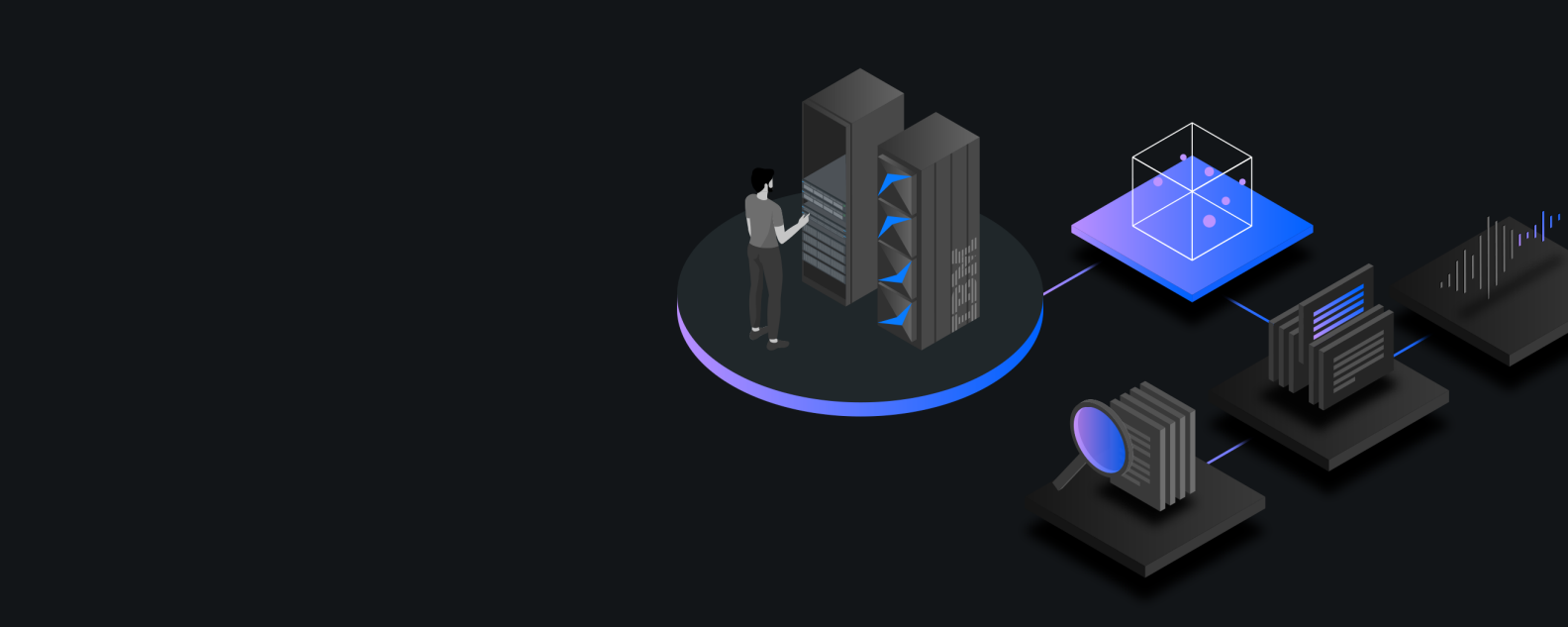Data is an asset, Understanding blockchain and how Hive is a game changer
How do we define a "blockchain?" The most common definition of a blockchain is being a "distributed ledger technology (DLT)"
It goes beyond data distribution, on a larger spectrum, the blockchain is a database for handling raw and value-added pieces of information. The blockchain creates, distributes, and handles data in a unique way, this allows it to manage value and display real-time value records.
I was reading this Bitcoin-related content and I discovered how little I knew of Bitcoin itself. I do my research, but as you may already know, if you don't spend the extra hours tweaking keywords, you may not actually figure out the entirety of the topic in your search query, so many supposed content resource networks offering a shit ton of low-quality content.
The Bitcoin blockchain is a great example of how value can be transferred across the globe but still be accessed and managed effectively from a single point.
UTXO is the topic in mention and if you're keen to learn new things, you may be surprised to find out that the Bitcoin blockchain as it grows begins to treat coins across the network in segments, meaning that in a situation where one has 1 BTC in his wallet, the network might actually be seeing it as 0.5 BTC in two places, all depending on its previous records of ownership.
Data as an asset
Although informations on a blockchain are treated in the same way, only its users can decide which is valuable and which is not.
The blockchain itself renders them with equal relevance, as it's clear that a message cannot be sent via the Bitcoin network without a bitcoin attached to the transaction. The coin serves as fuel to pass that information across.
Let's suppose every piece of information passed across the internet required a "fee" then we'd realize how this limitation could eat in and influence what gets pushed across the network.
Let's say I wish to search "How to grow a mustache as a girl" not that I care :)
And I have to pay a fee to make this query, this directly influences at what rate I decide to make irrelevant queries, and just as I have to pay to access this information, wherever I may find the appropriate results, considering the model, the publishers would have had to pay a "fee" to publish it as well.
Now when I search that, the results handled by the blockchain would give me information about my query in chronological order, meaning there's a fair system, if I so wish to filter, I would have to use applications that factor in other things like "traffic or engagement".
Google ranks results based on many things including "network engagement" but the blockchain would kill that act of shadow-banning certain contents. On Google, if your domain is new, you likely won't see it on search results, but on a blockchain, regardless of when your address was created, you will appear on the database provided your digital id is found in any search query.
What we're trying to elaborate on is how the blockchain avoids spam and promotes "fairness". Imagine surfing the web requires a fee, this would kill attackers' influence on applications as the rate of sending system requests required for a DDoS to be initiated is limited.
Hive - Resource Credits, cutting cost but maintaining value inflow.
The idea that hive doesn't charge a direct sum for transactions on-chain seems a bit like a waste of possible income flow at first glance, but at second or third, one should be able to understand how RCs actually maintain network value.
I believe on a large scale, people just don't understand Hive and blockchain as a whole. If Hive was without users, Hive would be without value, so in essence, the users make up Hive.
For hive to have value, a user has to stake the network's asset (hive coins), a user has to make a post, a user has to make a comment, a user has to use the stake to curate and thereby distribute a share of the rewards pool from hive inflation, this gives witnesses "transactions" to mine the other share of the pie.
It all goes on repeat.
But how is value sustained?
HP which grants access to a limited network resource. When a user makes a transaction, resources are consumed, and more transactions equal more resources being used up. The RC system indirectly feeds value to HIVE, because holding more assets means more access to resources.
To businesses on blockchain, it is very cost friendly because the system isn't on a constant charge spree, thus the business only has to hold onto the stake to gain access to resources.
The fact that the more activities done on-chain the more resources consumed makes the chain somewhat immune to DDoS attacks. RC requirements limit the spam of on-chain transactions, so any attempt of that nature would come with a great amount of cost which could be easily lost by the forking of the network.
So while this prevents certain network attacks, it promotes actual "value transfer" knowing that resources are consumed for everything put up there.
Spam is limited, value is created and distributed and network effects are maintained.
Thank you and please leave a comment, your thoughts matter to me.
Posted Using LeoFinance Beta


https://twitter.com/1331330355513745413/status/1580197722975395842
The rewards earned on this comment will go directly to the people( @taskmaster4450le ) sharing the post on Twitter as long as they are registered with @poshtoken. Sign up at https://hiveposh.com.